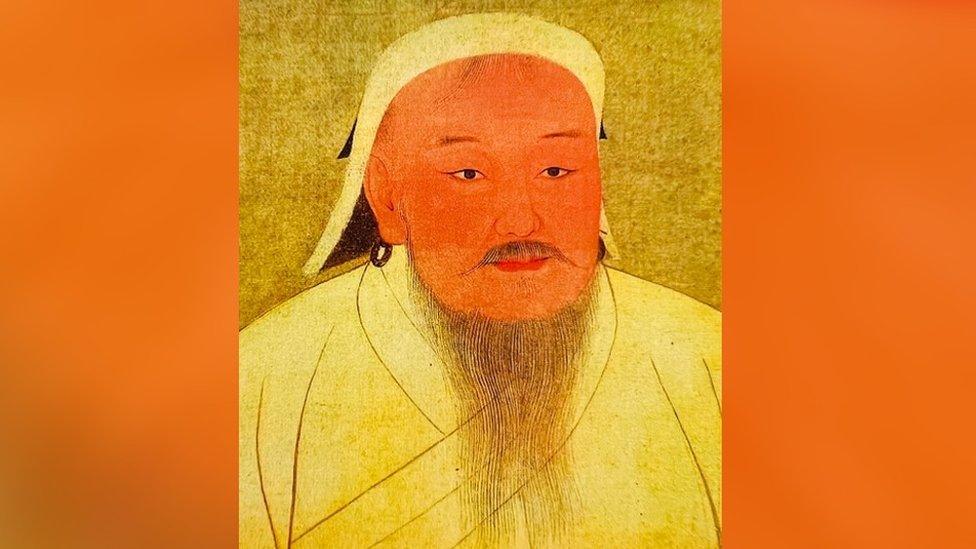Genghis Khan’s DNA . In one of the most astonishing genetic discoveries of the 21st century, a 2003 study revealed that approximately 0.5% of the world’s male population—around 1 in every 200 men—is a direct descendant of Genghis Khan. This means that nearly 16 million men alive today carry a unique Y-chromosome lineage traced back to the infamous Mongol emperor. It’s a staggering reminder not only of his historical impact, but of how deeply his legacy has literally embedded itself in human DNA.
Genghis Khan, who ruled in the early 13th century, created the largest contiguous empire in history, stretching from China to Eastern Europe. As his empire expanded, so did his personal influence. Historical records suggest that Khan fathered numerous children with multiple wives and concubines—many of them from different regions across his conquered lands. His sons and grandsons continued this pattern, helping to spread his genetic lineage across Asia and beyond.
What’s particularly remarkable is how scientists identified this legacy. The study, led by geneticist Dr. Chris Tyler-Smith, found a distinct Y-chromosome marker shared by a significant number of men across vast geographic areas, particularly in Mongolia and surrounding countries. The only plausible explanation? A single, prolific male ancestor—almost certainly Genghis Khan.
This genetic footprint tells a fascinating story of how power, conquest, and legacy can leave traces far beyond monuments or written records. It’s a rare case where legend, history, and science converge to paint a picture of influence on an unprecedented scale.
More than 800 years after his death, Genghis Khan continues to shape the world—not through war or empire, but through the very building blocks of human inheritance. Genghis Khan’s DNA


